Now more than ever, seniors want to age in the comforts of their own homes. It’s a familiar place to them with lots of memories, and that’s hard to part with. Plus, moving comes with a lot of physical and emotional stress. Couple that with the fear associated with moving to a senior living facility, and it becomes completely overwhelming. Fortunately, quality home health care services are available to alleviate this fear and allow seniors to remain in their homes. However, one common question that often comes up is, “Am I or my family member eligible for home health care coverage from Medicare?” We’ll discuss what the home health eligibility for Medicare is below.
If you or your family member have Medicare Part A or Part B, you are qualified to use the home health benefit if you meet certain criteria. Under Medicare Part A, which is hospital insurance, home health care is covered if you spend three days in the hospital or a Medicare-approved skilled nursing facility. In addition, home health services must begin within two weeks of your hospital or skilled nursing facility discharge in order to be covered by Part A. The medical insurance plan, known as Medicare Part B, is the most common way to receive home care. Part B also doesn’t require a previous hospital stay. For both plans, you must meet the following criteria:
- Have a plan of care supervised and ordered by a doctor
- Require one or more of these services: intermittent skilled nursing care, physical therapy, speech therapy, or continued occupational therapy
- Be certified as homebound
In addition to the above, the home health care agency caring for you or your loved one must be Medicare-certified. Home health care providers with this designation have passed inspection by a state government agency. Medicare will not pay for home health care services provided by unapproved Medicare providers; you would have to pay all costs out of pocket.
#1 Plan of Care Ordered
In order to receive Medicare coverage, a doctor must deem that you or your family member needs medical care at home. They must also make a plan for the type of care an individual should receive within the home. Before your doctor can decide if home care is the right choice, they’ll have to assess your individual needs. They’ll likely review the following before making a decision:
- Management of current conditions/diseases
- Frequency of doctors visits and/or phone calls
- If there is a new diagnosis or worsening condition
- Fall history/safety issues
- Number of recent hospitalizations
- Recent medication changes and/or management of multiple medications
- Whether or not you live alone
- And more
In addition, a face-to-face meeting with a doctor must take place within the 90 days before you begin home care. If this doesn’t occur, the meeting will have to take place at least 30 days after the first day you receive care.
#2 Intermittent Skilled Nursing Care or Different Therapies
In addition to an ordered plan of care by your doctor, Medicare requires that beneficiaries also have certain needs. One way to qualify for coverage is if you need intermittent skilled nursing care. Medicare defines “intermittent” as care requiring less than seven days per week. In addition, daily care must be for fewer than 8 hours each day and should last up to 3 weeks. This period of time can be longer if additional care is required. If your doctor can estimate the end date for this form of care, Medicare will continue coverage.
It’s very important to clarify what skilled nursing care is as it relates to Medicare coverage. Skilled nursing includes services like wound care, injections, medication administration, and other tasks requiring a registered nurse or licensed practical nurse. Home health aide services, on the other hand, are a bit different. Such services include personal care tasks like bathing, toileting, and dressing. This form of assistance doesn’t require the skills of a licensed nurse. Instead, an aide can complete personal care tasks that provide additional support to the nurse.
You should be aware that Medicare will not cover part-time home health aide services if you’re not also getting skilled nursing care or a form of therapy (e.g., physical, speech, or occupational). In addition, home health aide services must be part of the home care plan for your illness to receive Medicare coverage. Do keep in mind that your physician will need to review and certify your home health care plan every 60 days to continue receiving coverage.
#3 Homebound Certified
In addition to the above, your doctor must also certify that you’re homebound. Medicare determines that someone is homebound if:
- They need assistance from someone else or medical equipment to leave their home
- Their doctor believes that their health would worsen if they left their home or
- It is difficult to leave the house, and they often cannot do so because of this
Being certified homebound doesn’t mean that you can’t ever leave your home again. For example, you can still leave your house for religious services or to receive medical treatment. Even leaving your home for short periods of time, like going to the beauty parlor or attending a graduation, shouldn’t jeopardize your homebound status.
Medicare Home Health Care Eligibility
Often, people have difficulty figuring out who is and isn’t covered by Medicare as it relates to home health care coverage. After reading this, you should have a pretty good idea of whether or not home health care coverage is possible for you or your loved one. If you’re still not certain, call your local home health care agency. They’ll be able to give you an idea and point you in the right direction.
Contact Smoky Mountain Home Health & Hospice
Since 1982, we’ve helped thousands of patients in East Tennessee receive high-quality home health care. If you’re interested in our home health or hospice services, call us at (423) 623-0233. You can also use the contact form on our website to connect with a member of our team. We look forward to serving you!




